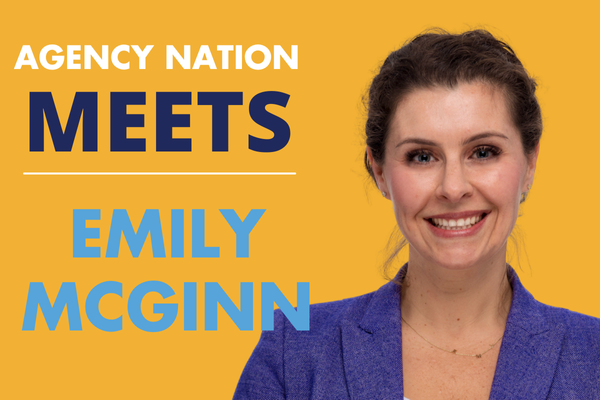How Asking Questions Can Up Your Sales Game

By: Michael Katz
When it comes to reading books, I give the author 60 pages to convince me to keep reading. At that point, if I don’t like it, I give myself permission to put the book down and never look back.
And I have to tell you, it wasn’t looking good for Warren Berger’s book, “A More Beautiful Question: The Power of Inquiry to Spark Breakthrough Ideas.”
Had you stopped me in Starbucks at page 19, I would have predicted he wasn’t going to make it. At page 32, as I waited for my son at the train station, I would have told you it didn’t look good. Had you tapped me on the shoulder at page 47, as I read a few pages in bed before going to sleep, I would have told you to get out of my house. Then I would have said, “Not a keeper.”
Yet somewhere in the mid-50s, Berger got over my admittedly subjective bar.
The book, if I may unfairly oversimplify 272 pages of hard work, makes a simple point: There’s more to be learned in asking questions than there is in knowing answers. Questions, according to the author, are where the best insights are born.
I couldn’t agree more. In fact, questions have become the basis of my approach to selling—and something I recommend for you as well. Back in 2000, when I first became a solo professional, I knew close to nothing about selling, although at that point I had many years of big company marketing experience.
Actually, it was worse: The little I knew was wrong.
At the time, I believed selling was a technique-oriented skill—a way of manipulating people into hiring you. Different situations required different techniques, and your job in selling was to become well versed in handling and countering every possible situation your adversary might bring.
Today—and thanks in large part to another book, “Selling with Integrity” by Sharon Drew Morgen—I see things differently. It’s not about leading with answers like, “Here’s what we do and why you should hire us.” Instead, it’s about focusing on helping the other person solve whatever problem they have.
And you can’t do that without asking lots of questions. Questions like:
- Can you tell me about your business?
- What’s not working?
- How would things look or work if this problem were solved?
- Why haven’t you already fixed or done this yourself?
Questions like these help the other person focus and articulate what’s going on, while also giving you the information you need to make suggestions.
Here’s an even simpler way to think about it: Stop looking at the other person as a prospect to be sold and think of them as a friend—one who has a problem in your area of expertise. In that situation, in order to help them figure out what to do next, you wouldn’t try to close them. Instead, you’d ask a lot of questions with the goal of pointing them in the right direction.
Effective selling, I’ve learned, is the same thing: Helping people solve their problems. If the solution is you, great. If it isn’t—and this is the hard part—tell them why and send them to someone or something that makes more sense for them.
Sure, you have to close people so at least some of them buy from you. But after you’ve used questions to understand their situation and offer options to clear away any confusion, the closing part is both pleasant and easy. At that point, either everything comes together and you’re on the road toward getting hired, or they thank you for your honest, helpful advice and go off on their merry way.
In the end, either you get a new client, or you get a new friend—both of which are very good for your business.
Michael Katz, founder & chief penguin of Blue Penguin Development, specializes in developing email newsletters for professional service firms.










